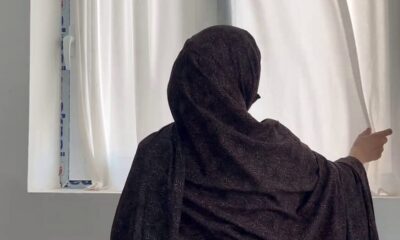Latest News
Afghanistan sees significant drop in opium cultivation: BBC
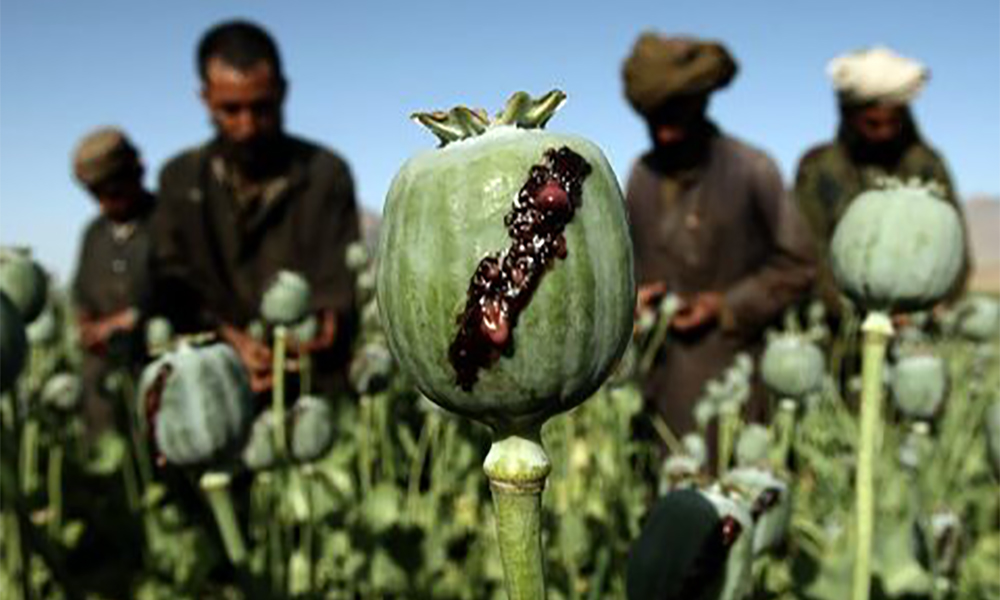
The BBC reported on Tuesday that an investigation by the media outlet has found a marked decrease in poppy cultivation across Afghanistan this year.
The BBC reported that it traveled in Afghanistan – and used satellite analysis – to examine the effects of a decree issued in April 2022 by the Islamic Emirate of Afghanistan’s (IEA) supreme leader Hibatullah Akhundzada that the cultivation of poppies, from which opium, the key ingredient for the drug heroin can be extracted, was strictly prohibited.
The news outlet stated that IEA leaders appear to have been more successful cracking down on cultivation than anyone ever has.
“We found a huge fall in poppy growth in major opium-growing provinces, with one expert saying annual cultivation could be 80% down on last year. Less-profitable wheat crops have supplanted poppies in fields – and many farmers say they are suffering financially,” the report stated.
Provinces visited by the BBC included Nangarhar, Kandahar and Helmand. Studies of satellite images were also done.
“It is likely that cultivation will be less than 20% of what it was in 2022. The scale of the reduction will be unprecedented,” said David Mansfield, a leading expert on Afghanistan’s drugs trade, who is working with Alcis – a UK firm which specializes in satellite analysis.
Alcis’s analysis shows that poppy cultivation in Helmand has reduced by more than 99%. “The high resolution imagery of Helmand province shows that poppy cultivation is down to less than 1,000 hectares when it was 129,000 hectares the previous year,” said David Mansfield.
Zabiullah Mujahid, the IEA’s spokesman, called on the international community to help Afghans who are facing losses.
“We know that people are very poor and they are suffering. But opium’s harm outweighed its benefits. Four million of our people from a population of 37 million were suffering from drug addiction. That is a big number,” he said. “As far as alternative sources of livelihood go, we want the international community to help Afghans who are facing losses.”
He rejected assertions by the UN, the US and other governments that opium was a major source of income for the IEA when they were fighting against Western forces and the previous Afghan regime.
The BBC asked how can they expect international organizations to help, when the IEA has jeopardized their operations and funding by banning women from working for all NGOs.
“The international community should not link humanitarian issues with political matters,” Mujahid replied. “Opium isn’t just harming Afghanistan, the whole world is affected by it. If the world is saved from this big evil then it is only fair that Afghan people receive help in return.”
Latest News
Ministries of Public Health and Higher Education sign cooperation agreement
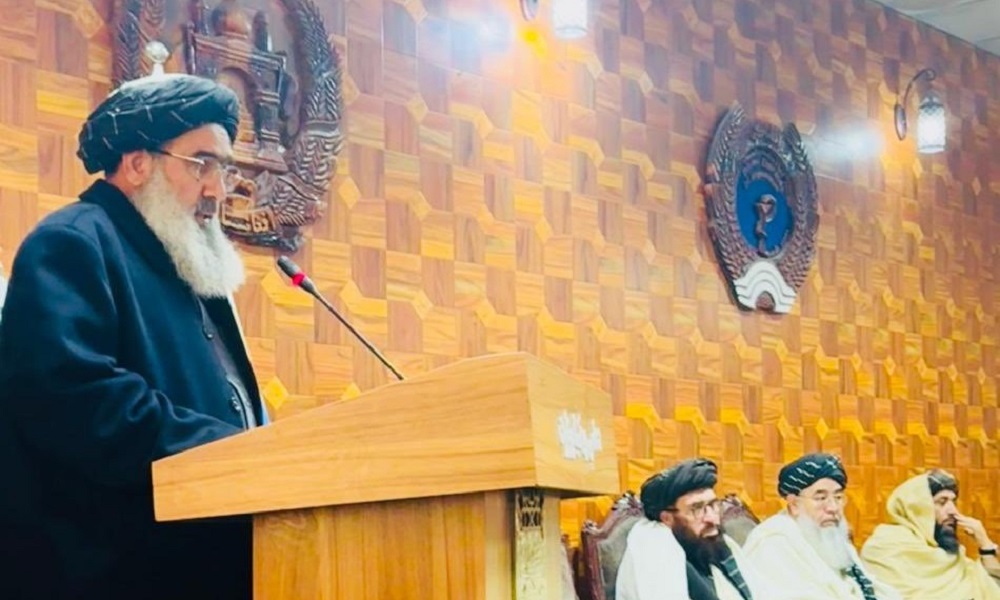
The Ministry of Public Health announced on Tuesday it has signed a cooperation agreement with the Ministry of Higher Education aimed at expanding scientific, research, educational, and technical cooperation.
At the signing ceremony held in Kabul, Noor Jalal Jalali, Minister of Public Health, said that the agreement would lead to significant improvements in the capacity-building of students and doctors, ensure that research is conducted based on evidence, and enable the collection of accurate data.
Meanwhile, Neda Mohammad Nadeem, Minister of Higher Education, described the agreement as beneficial to the public and to both institutions, stressing the need to train individuals at universities who can contribute to social development and make the country self-sufficient in the public health sector.
Latest News
UNAMA holds new round of Working Group meetings on counter-narcotics and private sector
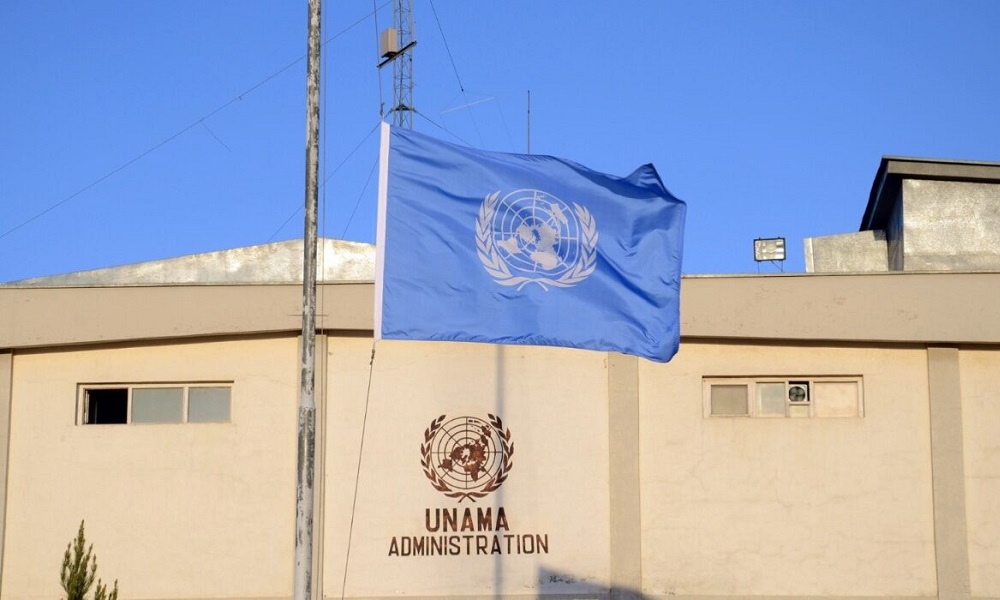
The United Nations Assistance Mission in Afghanistan (UNAMA) has convened a new round of Doha Process Working Group meetings focusing on counter-narcotics and private sector development.
The meetings, held in Kabul on February 3 and 9, brought together representatives of UN member states and international organizations, officials of the Islamic Emirate, and subject-matter experts.
According to UNAMA, discussions in the counter-narcotics working group centered on efforts by Islamic Emirate authorities and the international community to support alternative livelihoods for Afghans previously dependent on poppy cultivation and the illicit opium trade. Participants also reviewed drug-use prevention and treatment initiatives, as well as law-enforcement measures to curb narcotics production and trafficking.
The private sector working group focused on job creation and entrepreneurship, with particular attention to women’s participation in the private sector, market integration, access to finance, and the development of private banking and financial infrastructure.
UNAMA said both working groups identified priority areas for enhanced engagement and explored more effective and sustainable approaches to supporting Afghan men and women. Participants also examined the linkages between the two areas, noting that private sector development is a key source of livelihoods, while counter-narcotics efforts contribute to Afghanistan’s economic and social stability.
The working groups were established following the third Meeting of Special Envoys held in Doha, Qatar, in June and July 2024, in line with recommendations of the Independent Assessment endorsed by the UN Security Council. The process aims to promote more coherent, coordinated, and structured engagement with Afghanistan’s de facto authorities for the benefit of the Afghan people.
UNAMA added that stakeholders engage in the working groups on an ongoing basis, with full-format meetings convened periodically. Since their establishment, the groups have improved information-sharing, helped mobilize additional resources, and facilitated expert exchanges to strengthen support for the Afghan people.
Latest News
Economic Commission approves national policy for development of agriculture

At a regular meeting of the Economic Commission chaired by Mullah Abdul Ghani Baradar, Deputy Prime Minister for Economic Affairs, the National Policy for the Development of the Agriculture and Livestock Sector was approved.
According to a statement from the deputy PM’s office, the key objectives of the policy include the mechanization of the agriculture and livestock sector; development of agricultural, irrigation, and livestock research and extension systems; management of irrigation systems; support for investment in these sectors; and ensuring public access to high-quality agricultural and animal products.
During the same meeting, the development plan for the fish farming sector was also approved.
Under this plan, through private sector investment, 7,700 small, medium, and large fish production and farming facilities will be established on 6,500 hectares of land in various parts of the country.
The statement added that the implementation of this plan will create direct employment opportunities for 50,000 people and indirect employment for 250,000 others.
-

 Latest News3 days ago
Latest News3 days agoAfghanistan to grant one- to ten-year residency to foreign investors
-

 Sport5 days ago
Sport5 days agoIndonesia shock Japan to reach historic AFC Futsal Asian Cup final
-

 Sport3 days ago
Sport3 days agoIran clinch AFC Futsal Asian Cup 2026 in penalty shootout thriller
-

 Latest News4 days ago
Latest News4 days agoAfghanistan says Pakistan is shifting blame for its own security failures
-

 International Sports2 days ago
International Sports2 days agoWinter Olympics gain momentum as medal table takes shape
-

 Latest News3 days ago
Latest News3 days agoTraffic police receive new cars
-
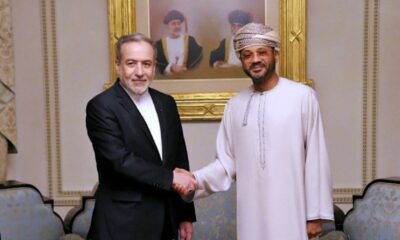
 Regional4 days ago
Regional4 days agoIran’s FM calls Oman-mediated talks with US ‘good start’
-
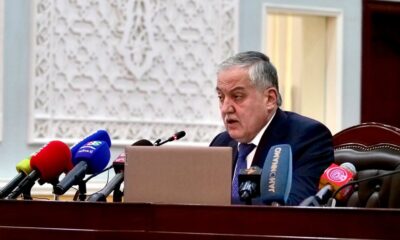
 Latest News2 days ago
Latest News2 days agoTajik foreign minister urges international community to help Afghanistan address its challenges








